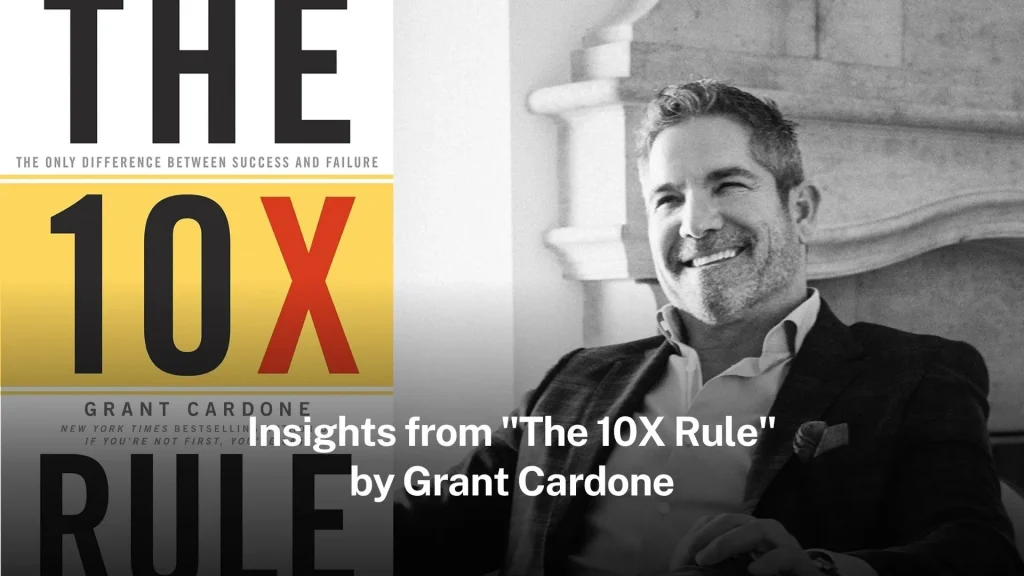In “Peak: Secrets from the New Science of Expertise,” Anders Ericsson and Robert Pool delve into the science behind achieving extraordinary performance. The book challenges the traditional notion of innate talent, proposing instead that excellence is achieved through deliberate practice. This article explores the key concepts from the book, focusing on deliberate practice and the 10,000-hour rule, and how they can be applied to enhance your skills and reach your full potential.
The Power of Deliberate Practice
Deliberate practice is the cornerstone of Ericsson and Pool’s argument. Unlike regular practice, which often involves mindlessly repeating tasks, deliberate practice is a highly structured and purposeful approach to improving performance. It involves setting specific goals, receiving immediate feedback, and constantly pushing beyond one’s comfort zone.
Key Elements of Deliberate Practice:
Specific Goals: Setting clear, attainable objectives is crucial. Instead of aiming to “get better,” focus on particular aspects of your performance that need improvement.
Immediate Feedback: Feedback helps identify mistakes and areas for improvement. This could come from a coach, mentor, or even self-assessment through recordings or performance reviews.
Repetition and Refinement: Deliberate practice requires repeated efforts to refine skills. Each practice session should build on the previous one, incorporating feedback to make incremental improvements.
Focus and Concentration: This type of practice demands intense focus and concentration. It’s not about the quantity of practice, but the quality and effectiveness of each session.
The 10,000-Hour Rule
The 10,000-hour rule, popularized by Malcolm Gladwell in his book “Outliers,” is often misunderstood. While the rule suggests that it takes around 10,000 hours of practice to achieve mastery in any field, Ericsson and Pool clarify that not all practice is created equal. The quality of those hours is far more important than the sheer quantity.
Quality Over Quantity
Ericsson and Pool emphasize that the key to mastering a skill lies in how those hours are spent. Deliberate practice, with its structured and focused approach, is essential. Simply putting in time without deliberate efforts to improve will not lead to mastery.
Customizing the 10,000-Hour Rule
The authors argue that the number of hours needed to achieve expertise can vary depending on the individual and the field. For some, it might take more or fewer hours to reach a high level of proficiency. The critical factor is the application of deliberate practice throughout those hours.
Summary of the book
“Peak: Secrets from the New Science of Expertise” by Anders Ericsson and Robert Pool provides a transformative perspective on achieving excellence. By understanding and implementing the principles of deliberate practice and recognizing the nuances of the 10,000-hour rule, anyone can enhance their skills and reach new heights of performance. Whether you’re an athlete, a professional, or a hobbyist, these insights offer a practical roadmap to unlocking your full potential.









Leave a Reply